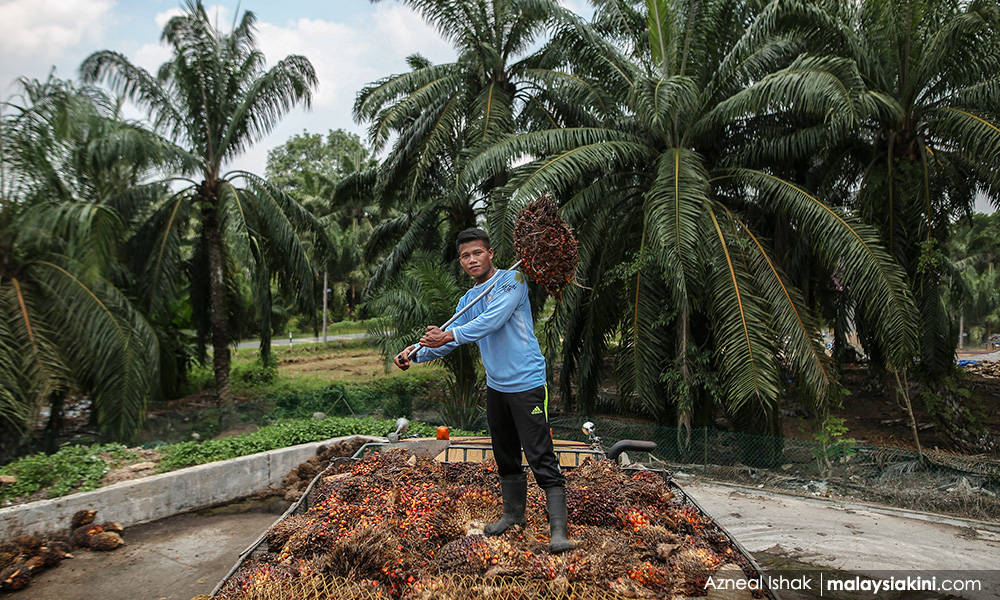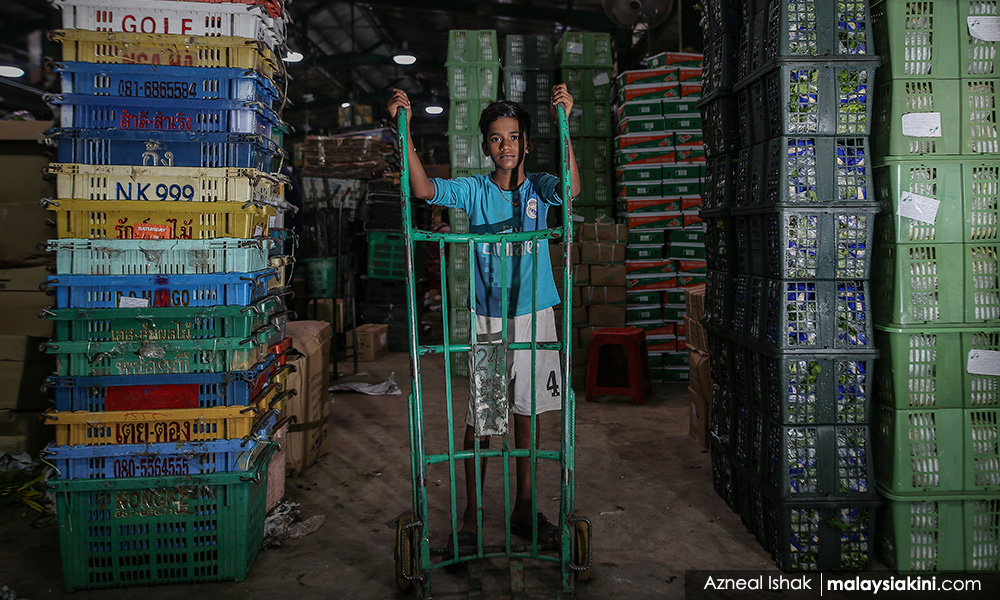LETTER | The clear announcement yesterday by finance minister Tengku Zafrul Tengku Abdul Aziz of his 6R economic recovery plan is most welcome, especially at this time of concern and anxiety!
The first four R's – covering Resolve, Resilience, Restart, and Recovery, are presently on track and could be achieved with a stronger political will to move faster.
These aspirations will raise our hopes and expectations for better economic growth, fairer income distribution, and higher human welfare for all Malaysians, regardless of race!
But to fully achieve all these six goals and especially the last two R's - Revitalise and Reform, our present economic model must be transformed significantly!
We cannot do more of the same. We cannot carry on with business as usual. Some old norms must be radically reformed and new thinking adopted to be more successful.
Uncertainty
The world economic recession, our own impending recession, and the Covid-19 crisis have all caused a great deal of uncertainty regarding our future well-being. The political turmoil currently experienced in our country has further eroded our confidence and reduced our hope for brighter futures.
Hence the finance minister’s (above) 6R recovery plan is very welcome, as a light in a dark tunnel.
However, the 6R plan together with the 2021 Budget, and the now postponed 12th Malaysia Plan cannot and should not be the repeat of old norm policies.
The world economies, including Malaysia, are facing socio-economic crises, largely due to some wrong policies in the past and bad implementations. Some of these weak policies and mistakes have been as follows:
1. Income gaps between the rich and poor have widened and worsened. The new norm economic model should narrow this unfair income and wealth disparities. This would mean taxing the rich much more in order to raise the standards of living of the poor who are struggling to make ends meet!

2. The basic needs of the rakyat have to be more adequately met in the recovery plan. The Covid-19 crisis has revealed more starkly, the large numbers of poor, hungry, and homeless living among the rest of us, who are embarrassingly better off. In fact, the cramped and dirty housing provided by wealthy contractors has largely caused Covid-19 to spread even more. Surely we could do better to build more low-cost but safe and clean houses for the poor!
3. Budgets and five-year plans are not exclusively about economic growth and boosting incomes. More importantly, they are meant to improve the quality of life of all Malaysians. Hence our human rights, our many unfulfilled social reforms, and our environment have to be improved and protected more effectively. This can easily be achieved by adopting and seriously implementing the many United Nations proposals that we have been somewhat neglecting in the past. This includes the UN's 17 sustainable goals that we should implement with stronger political will!
Revitalise and reform?
4. The 6Rs are great aspirations, but the question in most of our minds is - will the new government be able to implement the last two most important R's - to Revitalise and Reform?
Revitalising and reforming the economy should mean:
a) Restructuring our education system to make it internationally competitive.
b) Reforming our labour policies especially in regard to employing such large numbers of foreign labourers.

c) Reorganising the public services to make them much more multiracial and multi-religious to better reflect our national population composition.
d) Redefine the role and scope of the private sector. Should we depend so much on government-linked companies that squeeze out the business sector?
e) Ensure out national institutions are more professional, honest, and fair in upholding a more efficient administration that is free from politicisation and corruption.
Conclusion
The government's 6R strategy is encouraging, promising, welcome, and needs our full support.
But unless the strategy fully takes into account the above and many other public policy issues that should be discussed more openly with NGOs, universities, and business and community leaders, we will not progress much.
Instead, we may end up sticking to the old normal, playing old records, and losing our momentum to move to the new socio-economic model that we desperately need for the benefit of all Malaysians, especially the poor in our society!
Tan Sri Ramon Navaratnam is chairperson of the ASLI Center of Public Policy Studies.
The views expressed here are those of the author/contributor and do not necessarily represent the views of Malaysiakini.

